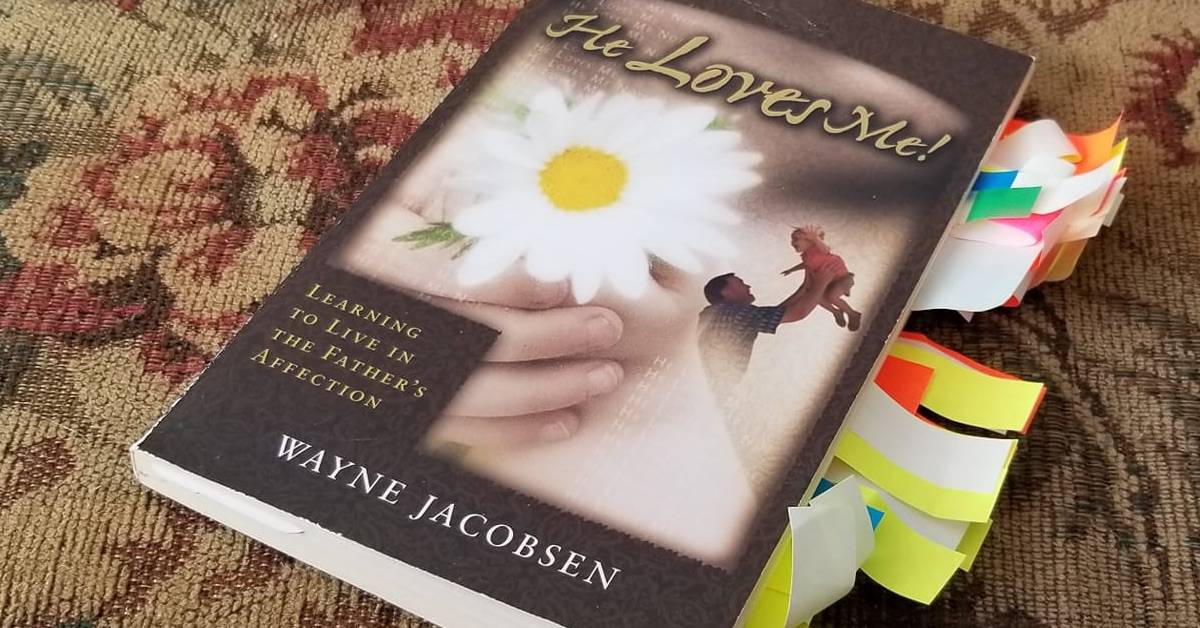Today, Sara and I head off for some gatherings in San Diego this weekend. We are looking forward to what Father has there. Let me leave you with this as we go:
One of the greatest misunderstandings people have of Scripture is that God needed a sacrifice to love us. Jesus came in his humanity to offer the sacrifice God wanted from us that we could never give. While that expresses some Old Testament thoughts about sacrifices it misses the larger through-line of Scripture. God was shifting humanity’s view of sacrifice. All of the false gods that humans created were angry, vindictive deities, needing to be appeased by sacrifice—gifts and offerings at first, but for many, eventual human sacrifice.
The message God gave to Abraham when he tried to offer his son Isaac as a sacrifice was that God didn’t want or need our sacrifice. He would be the sacrifice we need to re-engage him as our trusted friend. Jesus didn’t die to satisfy something broken in God (e.g. his need for justice), but Jesus died to satisfy something broken in humanity (our shame in sin and our fear of him.) This is how I wrote about it in He Loves Me.
At Mt. Moriah God foreshadowed to Abraham what he would literally accomplish some three thousand years later on another hill not far away, Golgotha. It would not be the act of appeasement to an angry God by any sacrifice we could give, but an act of a loving God to sacrifice himself for those who were held captive in sin.
Far from being a blood-thirsty sovereign demanding sacrifice to satiate his need for vengeance, the Living God spends himself to bring back the banished son or daughter. He did not need a sacrifice to love us, for he already did.
We needed a sacrifice for our shame so that we would be free to love him again. At the cross, God provided the undeniable proof of just how much he loves us. For those who understand that, it opens the door for us to do what Adam and Eve could not do that fateful day in the Garden—totally entrust our lives to the Living God.
If we misunderstand the atonement, we will spend our lives trying to keep God appeased by earning his favor with our effort. When we understand what Jesus accomplished on the cross, we will be safe with God even in our most broken moments and be able to explore what it means to live in his love. That’s how important it is that we see Jesus’ death for what it was. It was to rescue and redeem us from the power of darkness and invite us into the warmth and tenderness of his life and love.
This is what the third section of He Loves Me is all about—the undeniable proof that we are loved by God and invited into a relationship with him of growing friendship. It’s also the theme of Transition, a set of recordings designed to help people move from an appeasement-based view of God and the cross, to an affection-based one that will allow you to connect with the redemption Jesus wanted for you.
If you want to talk more about this, we will be doing so in our next meeting of The He Loves Me Book Club, which will convene on Saturday, February 3 at 1:00 pm Pacific Standard Time. We will focus on Chapters 12 and 13. If you want to join us in this Zoom conversation, you can get details and the link by liking the Facebook Group Page, or if you are not a member of Facebook, you can write me for a link to be sent each time we meet. For those who just want to watch, we stream them live on my Facebook Author Page and leave the recording up after the conversation for others to hear. (You can find past ones by scrolling down on that page.)









Pingback: Misunderstanding the Atonement | Lifestream – The Faith Herald
Thank you for this very understandable explanation!